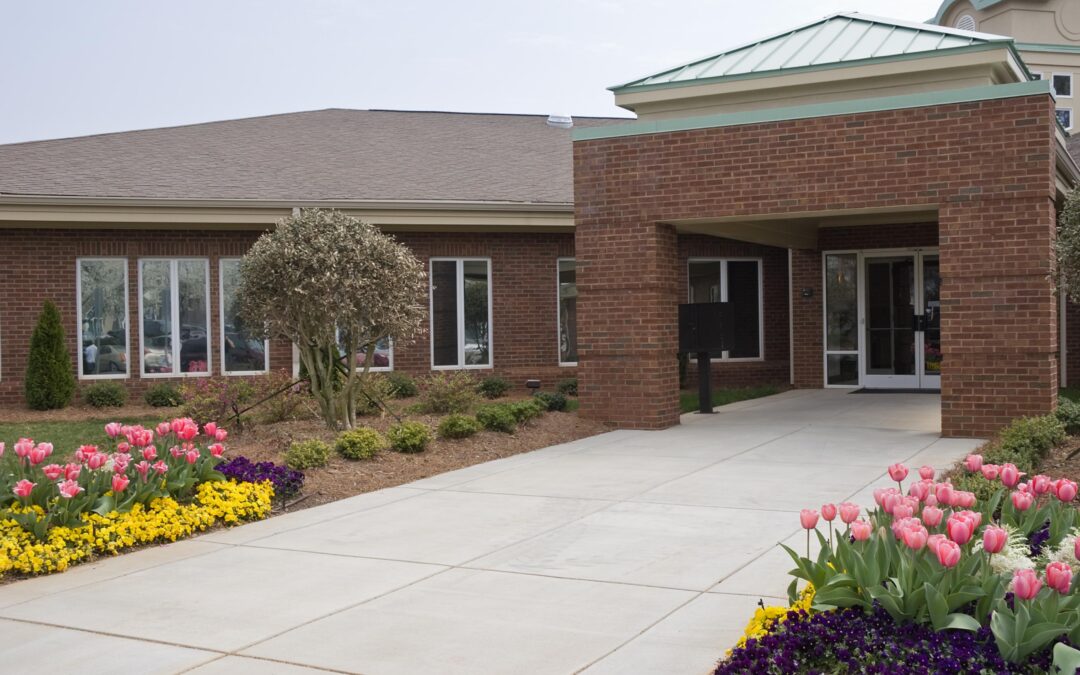Joint Commission launched its Certified Community Behavioral Health Clinic (CCBHC) accreditation program on July 1, 2023. Recently, the Joint Commission approved a set of new and revised CCBHC requirements specifically designed for organizations selecting the CCBHC service on their electronic application (E-App). These changes, effective from July 1, 2024, reflect the Substance Abuse and Mental Health Services Administration (SAMHSA) updates to the CCBHC requirements effective July 1, 2024.
In this article, we will explore the key updates and enhancements made to the CCBHC requirements by both SAMHSA and The Joint Commission. These changes not only ensure alignment with current SAMHSA criteria but also aim to strengthen trauma-informed crisis care, address substance use disorders, and advance health equity. Additionally, organizations will gain more flexibility in delivering care, treatment, and services.
Understanding the Revised CCBHC Requirements
To facilitate your understanding of these revisions, Joint Commission has provided two reports detailing the updated CCBHC requirements. The first document presents all changes visually, with the earlier requirement language struck through and the revised language underlined. Behavioral Health Care and Human Services (Compare Report)
The second document is a clean document having only the revised requirements, free from any strikethrough or underlining. This version ensures effortless reading and quick access to the updated guidelines. Behavioral Health Care and Human Services (Clean Report)
New and Updated CCBHC Standards
In fact, there are thirty-one (31) Joint Commission CCBHC Standards affected by these changes. The number of Elements of Performance (EPs) changed within these standards range from 1 to 14 new or updated EPs per standard. You can find these requirement changes in the following CAMBHC Chapters:
- CTS: 14 standards
- HRM: 3 standards
- IM: 2 standards
- LD: 8 standards
- MM: 1 standard
- PI: 2 standards
- RI: 1 standard
Implications for your Joint Commission Survey
Key elements that your surveyor will be evaluating, based on these new or updated CCBHC Standards and EPs include:
- All required services are offered by the CCBHC for children, youth, adults, and veterans and are developed based on a community needs assessment which is updated at least every three years.
- All the required care, treatment and services are delivered to individuals and veterans by the CCBHC, DCO, or by referral as outlined in the standards and EPs. Participation in external services is tracked to ensure coordination and receipt of supports.
- Culturally appropriate services are provided to the individuals served.
- The plan for care, treatment, or services is person and family centered and responsive to the ethnicity, sexual orientation, and gender identity of the individual served.
- Comprehensive crisis services are provided and are described in the CCBHC’s policies and procedures that are available to the public.
- Care is coordinated across the health spectrum including physical health care.
- Partnerships and care coordination expectations are established with all appropriate acute care, FQHCs, tribal organizations, SUD providers, community, and/or regional services supports, and others.
- Targeted case management is provided.
- Staffing plan includes specialized staff in compliance with SAMHSA’s 1.b.2 CCBHC certification criteria, a CEO or equivalent, psychiatrist, medical director, and is updated at least every 3 years.
- Staff training includes cultural competency issues of race, ethnicity, sexual orientation, gender identity, and military and veteran’s culture. The CCBHC has policies and procedures outlining its methods for competency and maintains written records of training for each staff member.
- Implements an HER system or has a plan to adopt this technology over time that has ONC Health IT certified capabilities
- Governance is informed by individuals’ representative of the population served including meaningful participation from individuals with lived experience with mental and/or substance use disorders.
- Is a non-profit 501 (c) (3) or a part of a local government behavioral health authority.
- The CCBHC is certified by its state as a CCBHC or has submitted an attestation to Substance Abuse and Mental Health Administration (SAMHSA) as a part of participation in the SAMHSA CCBHC Expansion grant program.
- Has a sliding-scale fee policy.
- Provides transportation vouchers when possible through relevant funding or programs.
- Utilizes telehealth or other technologies as preferred by the individuals served.
- CCBHC does not refuse services based on residence, homelessness, or inability to pay.
- Collects, reports, and tracks encounter, outcome, quality data, high-risk, high-volume problem prone processes for all individuals served by the CCBHC and DCOs. Data is reported to Medicaid and/or SAMHSA.
- The quality improvement plan addresses all required elements.
- Information necessary for individuals to access CCBHC services is available online and in paper format in language commonly spoken and at the differing literacy levels within the community served.
The revised CCBHC requirements, effective July 1, 2024, reflect a commitment to improving patient care, addressing critical issues such as trauma-informed care and substance use disorders, and promoting health equity. We encourage all relevant organizations to familiarize themselves with these updates and take the necessary steps to ensure compliance. With the provided resources, navigating these changes will be a smoother process, benefiting the communities and individuals you serve.
Barrins & Associates Consultation
As always, our team of TJC expert consultants is available to help you attain and sustain your Joint Commission CCBHC accreditation through a Mock Survey, Custom Consultation and/or a Continuous Readiness Consultation.


